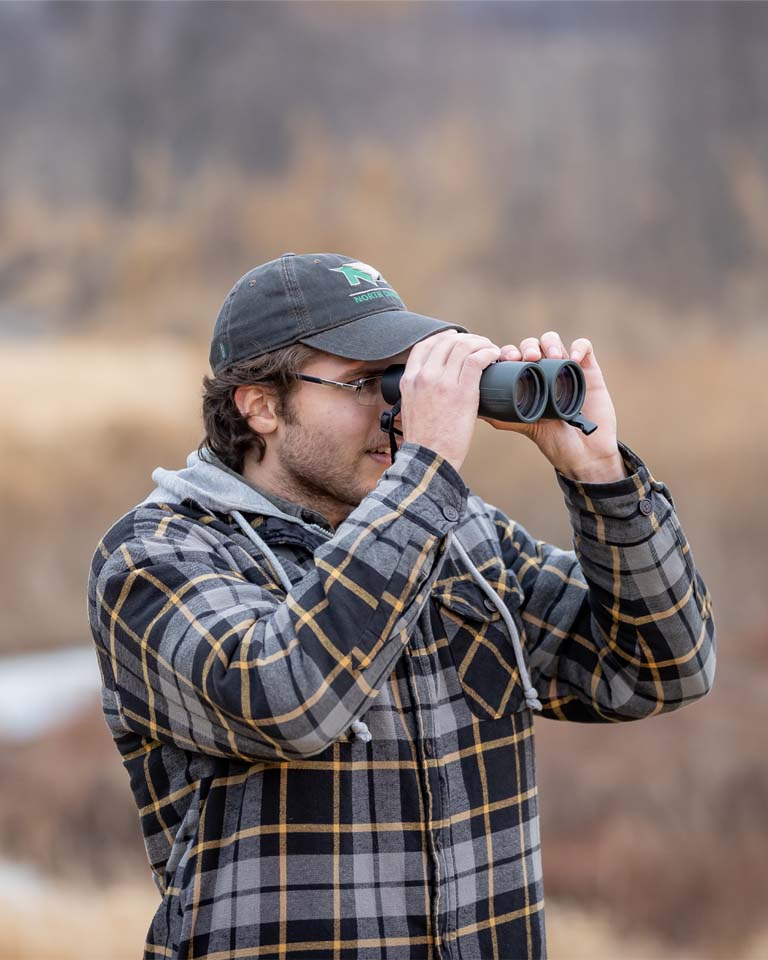Accelerated Biology Degree
Fast-track your education with an accelerated degree by conducting cutting-edge research to explore the science of living things.
If you’re looking for the straightest line from degree to professional, a UND Master of Science in Biology (M.S.) degree is right for you. And, now with the option of an accelerated degree program, you can complete your higher education in an efficient way. With this accelerated program, you’ll gain the hands-on and practical expertise that today’s employers are looking for.
- Program type:
- Accelerated (Bachelor’s and Master’s)
- Format:
- On Campus
- Est. time to complete:
- 5 years
- Credit hours:
- 138
Why earn an accelerated biology degree?
UND's Accelerated Biology Degree
-
Excellent facilities and research areas that include greenhouses, vertebrate and invertebrate museums, tissue culture facilities and molecular biology labs
-
Ability to get individualized mentoring from faculty who are engaged in both research and teaching.
-
Excellent area for studying northern prairie and pothole regions, including access to three field stations that include wetlands, prairies, riparian woodlands, streams and agricultural areas
-
Collaborative environment that includes broad and integrative approaches to biology, using tools that range from computational to molecular to GIS.
-
Participate in internships or experiential learning supported by local and national programs such as the National Science Foundation Research Experience for Undergraduates (NSF-REU) and the National Institutes of Health Summer Undergraduate Research Fellowships (NIH-SURF).
-
Join organizations such a the Wildlife Society and North American Vascular Biology Association (NAVBO).
What can I do with an accelerated biology degree?
Biology Graduate Courses
Leaders in Biology
Growing up in a small community, Mason Curtis saw the need for physicians in his community, and now he's working toward fulfilling that need through practicing hands-on research at UND.
Read Mason's Story
